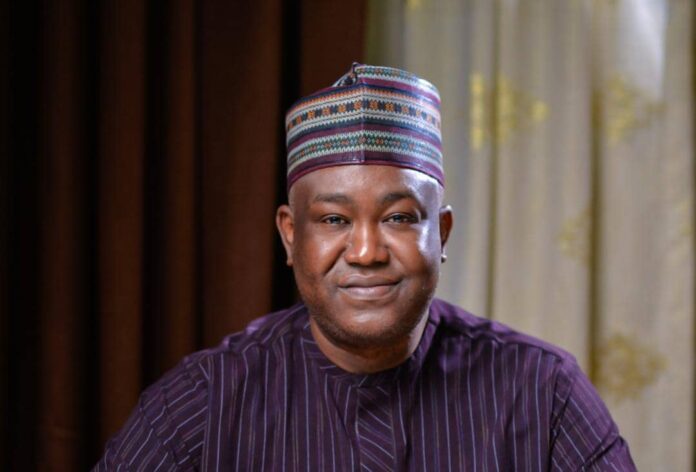Dr. Gbenga Olawepo-Hashim, a former presidential candidate and respected elder statesman, has called on opposition politicians to abandon the use of ethnic narratives, describing the tactic as outdated and out of touch with the evolving expectations of the Nigerian people. Speaking in a statement released over the weekend, Hashim warned that clinging to ethnic sentiments for political mileage distracts from the pressing issues facing the country. He stressed that economic hardship, insecurity, and diplomatic setbacks are what demand urgent attention from leaders, not tribal politics.
Hashim pointed out that Nigerians are increasingly rejecting leaders who use ethnicity as a tool for manipulation. He said people are now more focused on competence and problem-solving rather than ethnic identity. Referring to recent claims that suggest President Bola Tinubu’s administration is ethnically biased, Hashim dismissed such arguments as misleading. He highlighted Tinubu’s electoral loss in Lagos State during the 2023 presidential election—a place often considered a Yoruba stronghold—as proof that ethnic loyalty no longer determines electoral outcomes.
He also criticized politicians who previously aligned with the current administration but are now resorting to ethnic arguments due to unmet personal ambitions. According to him, using identity to express disappointment in political expectations only deepens division and undermines national unity.
Hashim cited historical examples where Nigerians voted across ethnic lines to support candidates they believed in. He mentioned the 1993 election where voters in Kano State backed Moshood Abiola over Bashir Tofa, who hailed from their own region. He also referenced the 2023 elections in which Lagosians supported Peter Obi for president while still re-electing Governor Babajide Sanwo-Olu, proving that Nigerians are capable of choosing candidates based on merit and values rather than ethnic affiliation.
He urged political leaders to redirect their focus to the real problems plaguing the nation, including inflation, hunger, poverty, and the ever-present threat of violence and insecurity. He concluded with a strong appeal for issue-driven leadership that prioritizes the welfare of citizens above all else.
The message from Hashim is clear: Nigeria’s future depends on unity, vision, and leadership grounded in competence—not outdated ethnic rhetoric that has lost its hold on the electorate.

